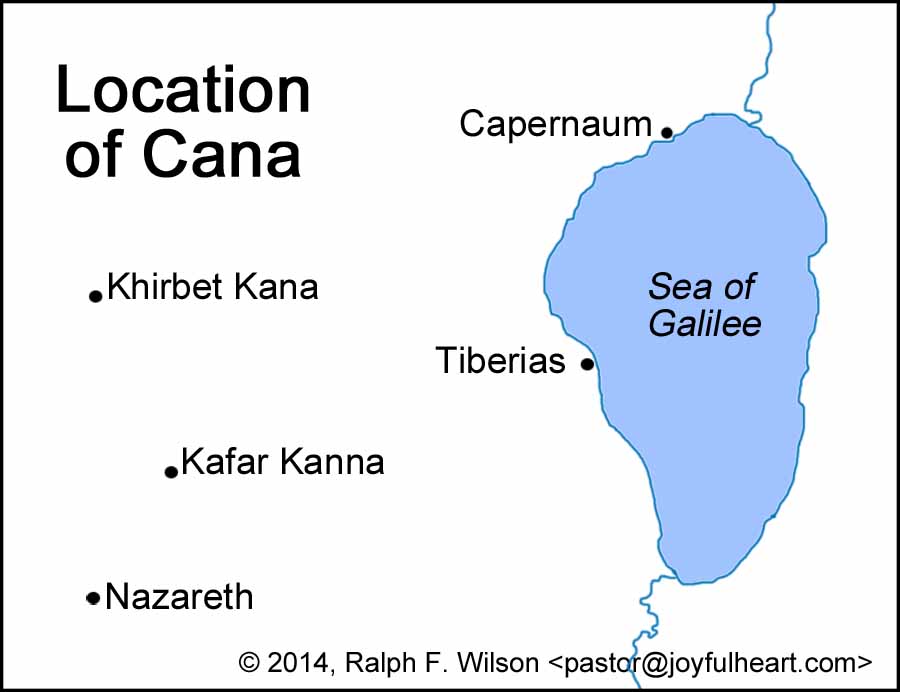Our readings for this Good Friday service are drawn from the Gospel according to Luke. John, for some reason, records a word of Jesus that Luke did not record: tetelestai – It is finished.
John 19:28–30 (ESV) “28 After this, Jesus, knowing that all was now finished, said (to fulfill the Scripture), “I thirst.” 29 A jar full of sour wine stood there, so they put a sponge full of the sour wine on a hyssop branch and held it to his mouth. 30 When Jesus had received the sour wine, he said, “It is finished,” and he bowed his head and gave up his spirit.”
The word “Tetelestai,” “It is finished,” begs a question: “What is finished?”
The thing finished – the referent of the pronoun, “it,” for you grammarians – started a long time time ago, moments after the world fell into sin. Two readings from Genesis will suffice to summarize the story for this meditation.
Genesis 2:16–17 (ESV) “16 And the LORD God commanded the man, saying, “You may surely eat of every tree of the garden, 17 but of the tree of the knowledge of good and evil you shall not eat, for in the day that you eat of it you shall surely die.””
Genesis 3:6–7 (ESV) “6 So when the woman saw that the tree was good for food, and that it was a delight to the eyes, and that the tree was to be desired to make one wise, she took of its fruit and ate, and she also gave some to her husband who was with her, and he ate. 7 Then the eyes of both were opened, and they knew that they were naked. And they sewed fig leaves together and made themselves loincloths.”
Everything that steals our joy entered into the world the moment mankind listened to Satan, the adversary, the accuser, and turned away from God’s instructions. It all comes down to death, the death of a right relationship with God, the source of life. We all know its symptoms: shame, fear, rage, sorrow, apathy, grief, cruelty, selfishness, depression, judgment, confusion, loneliness, anxiety. These were not meant to be part of the human experience but when death came it brought a whole host of pain in its wake.
Adam & Eve’s decision to distrust God calls to mind Proverbs 14:12 – “There is a way that seems right to a man, but its end is the way to death.”
Jesus said, “Tetelestai” – It is finished. So what is finished? The crushing of Satan’s head. The adversary is undone. The prophecy given immediately following Adam & Eve’s foolish decision told us that this disaster would be overturned:
Genesis 3:15 (ESV) “I will put enmity between you and the woman, and between your offspring and her offspring; he shall bruise your head, and you shall bruise his heel.”
Now, Jesus says the word from the cross that we contemplate this evening: “tetelestai” – It is finished. Satan was crushed. The power of Satan’s work was undone by God himself entering into death to break its bonds.
The book of Hebrews puts the whole story in a nutshell.
Hebrews 2:14–15 (ESV) “14 Since therefore the children share in flesh and blood, he himself likewise partook of the same things, that through death he might destroy the one who has the power of death, that is, the devil, 15 and deliver all those who through fear of death were subject to lifelong slavery.”
The restoration has begun. It begins not in the power structures of the world, but in the hearts of people who are willing to trust Jesus. It begins when we accept God’s perspective on ourselves: that we are his dearly beloved and we are worth dying for. As we see Jesus die, know that he would do it again, for you, for me.
To think of the cross as primarily pointing to our sin is to miss the main point of the cross. The parables Jesus told describing the kingdom of God were not about heinous torture willingly endured. They were about fathers who love their children and long to see them home. They were about kings and nobles who want their feasting halls filled. They were about shepherds searching for lost sheep and people finding great treasure.
Jesus died to set us free from the natural consequences of sin, not to strangle us in chords of guilt and shame. While it may be appropriate to spend a moment contemplating the depth of our sin as displayed on the cross, it is crucial that we see the depth of God’s love and God’s desire for our redemption in the cross.
Tetelestai. It is finished. God has showed us his love for us. “Greater love has no man than that he gives up his life for his friends.” God cannot show love for us in any greater way. It is finished. Satan is conquered.
The question for those looking at the cross is, “Will you receive it?” Will you take for yourself God’s view of you, that you are worth dying for? All that needs doing for you to be reconciled to God has been done by Jesus Christ. Tetelestai. It is finished.
There is nothing you can do to make God love you more and there is nothing you could do that would make God love you less.
Will you trust that word of Jesus from the cross, tetelestai, when the attacks of the vanquished enemy, Satan, come upon you? Each time feel the onslaught of shame, fear, rage, sorrow, apathy, grief, cruelty, selfishness, depression, judgment, confusion, loneliness, anxiety and the like, will you look again at the cross to see your own infinite value to the creator of the universe?
Will you let Christ’s finished work do its work on you?
Paul describes the continuing task of our lives in this way to the Christians in Rome:
“Do not be conformed to this world, but be transformed by the renewal of your mind…” (Romans 12:2)
Look at the cross. See the love. Let it move you. Let it transform how you think of yourself, how you think of others, how you think of the world, and how you think about how to love others as Christ has loved us.
Amen.










